
Minxin Pei, Tom and Margot Pritzker ’72 Professor of Government , Claremont McKenna College
Aug 14, 2017
North Korean dictator Kim Jong-un says the United States will pay a “thousand-fold for all the heinous crimes” it has committed against his country. US President Donald Trump warns that North Korea will experience “fire and fury like the world has never seen.” Kim threatens to fire four missiles at the US territory of Guam. Trump promises that Kim “will truly regret it” and “regret it fast” if he follows through on that threat, or issues another.
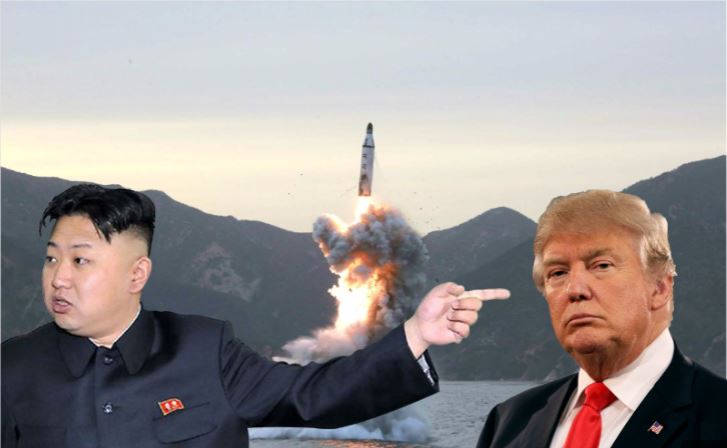
Zhao Minghao, Professor, Institute of International Studies at Fudan University, and China Forum Expert
Aug 11, 2017
Donald Trump is running out of patience with North Korea. Using heated language unusual for a US president, Trump recently warned that if Pyongyang threatens to
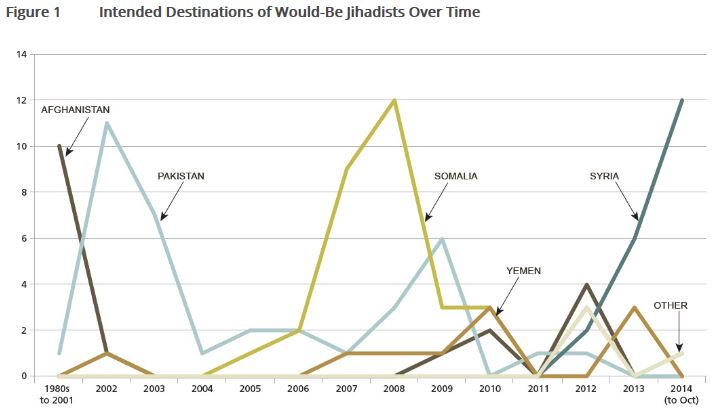
Dan Steinbock, Founder, Difference Group
Aug 11, 2017
As the Islamic State is collapsing in the Middle East, it needs wins elsewhere. Southeast Asia is Jihadi terror’s new battlefront. In order to contain the terror and sustain the Asian Century, new kind of cooperation is needed between the ASEAN, the U.S., China, and other major powers in the region and the Middle East.
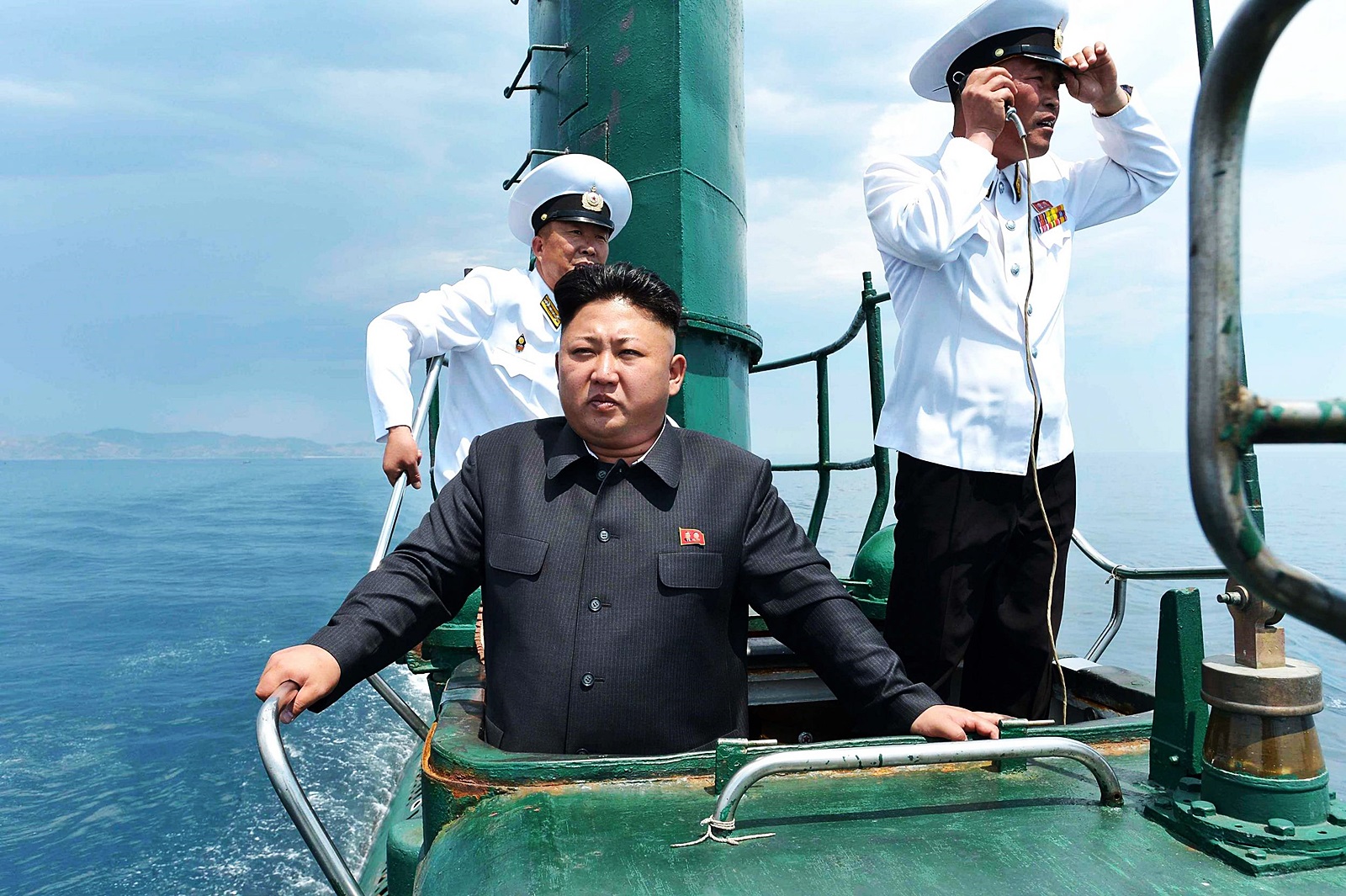
Michael Green, Senior Vice President for Asia and Japan Chair, CSIS
Aug 11, 2017
If the Kim regime were to collapse, the United States and China would have common ground for cooperation. Without more technical and forthcoming exchanges, however, the shock of sudden change in the North could result in mutual mistrust and antagonism, reflecting the underlying divergence in American and Chinese long-term geopolitical objectives for the region as a whole.
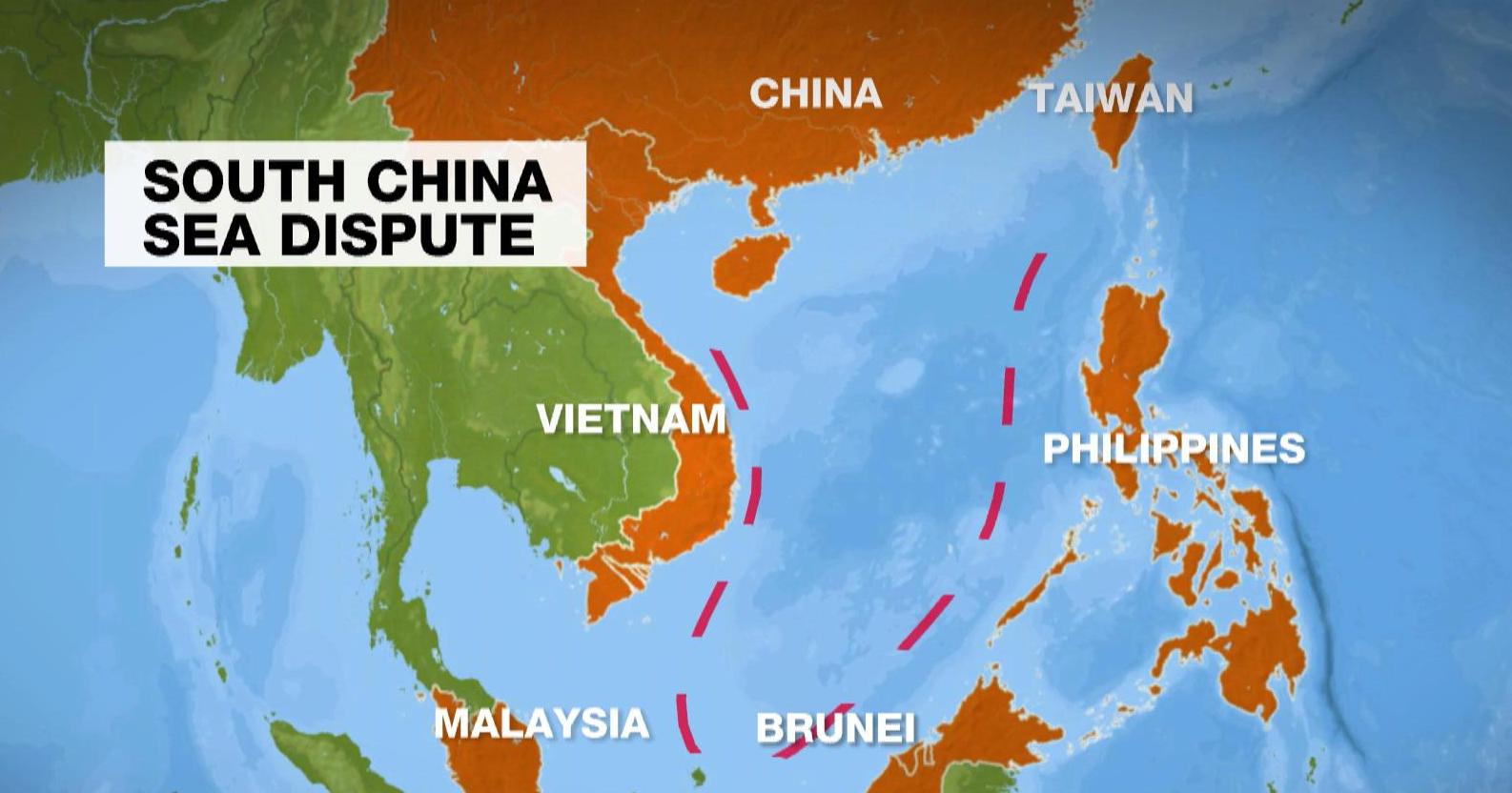
Xue Li, Senior Fellow, Chinese Academy of Social Sciences
Aug 09, 2017
The United States has revamped its maritime response to Chinese policy in the South China Sea, conducting its first Freedom of Navigation Operation (FONOP) since President Trump took office. While China cannot allow this action to go unchecked, it should consider its larger global and regional power objectives before determining its response.
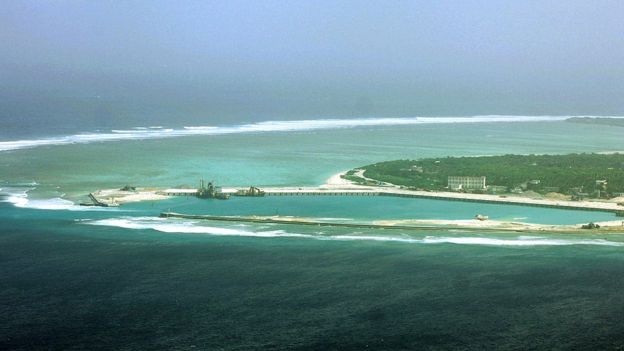
Richard Javad Heydarian, Professorial Chairholder in Geopolitics, Polytechnic University of the Philippines
Aug 09, 2017
China claims sovereignty over almost the entirety of the South China Sea, while consistently rejecting The Hague ruling. Thus, the only way for a JDA to push through is if Duterte managed to amend the Philippine constitution, largely ignore his country’s arbitration award victory, and overcome deep-seated public antipathy towards resource-sharing agreements with China. This will be an uphill battle with a lot of potential hiccups along the way.
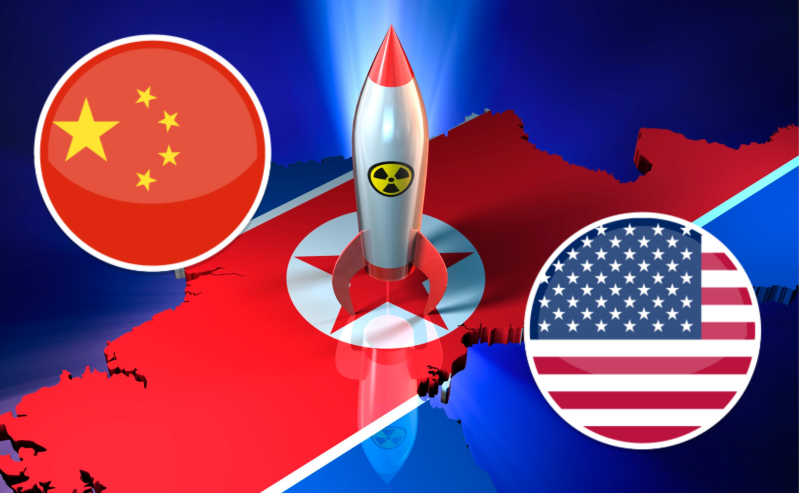
Li Zheng, Assistant Research Processor, China Institutes of Contemporary International Relations
Sun Chenghao, Fellow, Center for International Security and Strategy of Tsinghua University; Munich Young Leader 2025
Aug 08, 2017
Since North Korea is nearing its ultimate goal of achieving full nuclear deterrent capability against the United States, we might expect China to now show more rationality and return to the negotiation table. This will reduce North Korea’s hostility towards the U.S. and other countries.
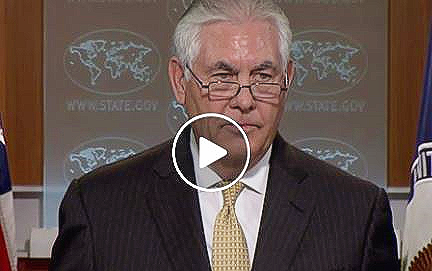
Aug 03, 2017
U.S. Secretary of State Rex Tillerson said on August 1 in Washington that the U.S. does not seek to topple the North Korean government and would like dialogue with Pyongyang at some point.
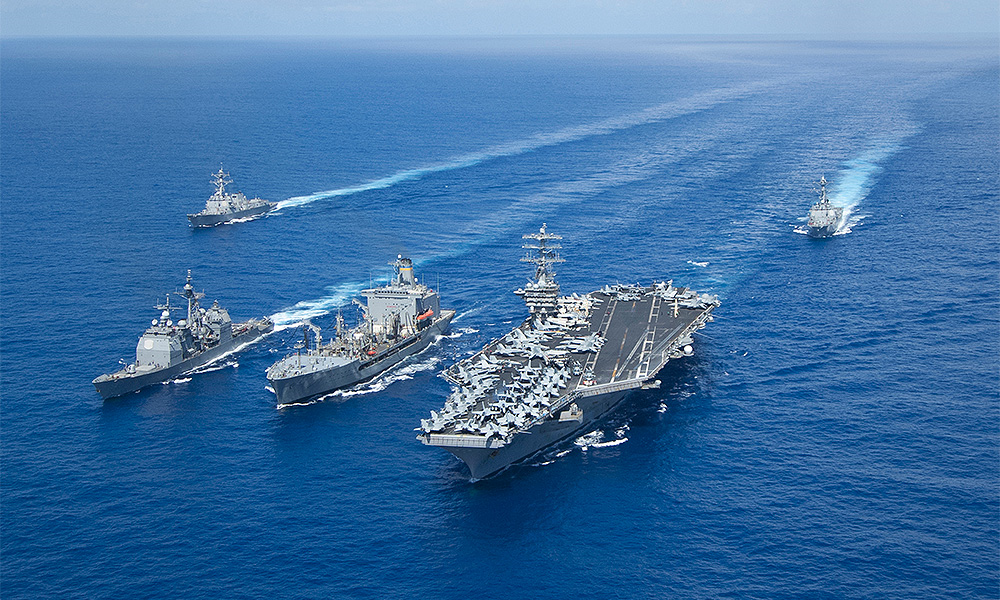
Ma Shikun, Senior Journalist, the People’s Daily
Aug 03, 2017
The U.S. House of Representative passed the National Defense Authorization Act (NDAA), a provision that allows for mutual stationing by military vessels between the United States and Taiwan. The President should veto the Act in the interest of smoothing the development of China-U.S. relations along with his own foreign policy agenda.
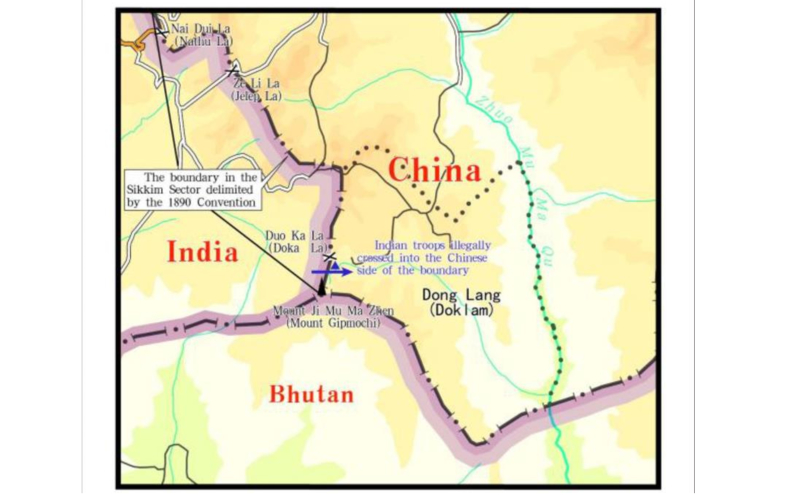
Fan Gaoyue, Guest Professor at Sichuan University, Former Chief Specialist at PLA Academy of Military Science
Aug 03, 2017
As the standoff between Chinese and Indian troops over a disputed border in the Himalayas enters its second month, the world is asking: who does this contested area truly belong true? By examining existing evidence, we can find an answer and begin on the road to peace.
Back to Top

- China-US Focus builds trust and understanding between the U.S. and China through open dialogue among thought leaders.
- Our Offerings
- Topics
- Videos
- Podcasts
- Columnists
- Research Reports
- Focus Digest
- Stay Connected
-
Thanks for signing up!
- Get the latest stories from China-US Focus weekly.